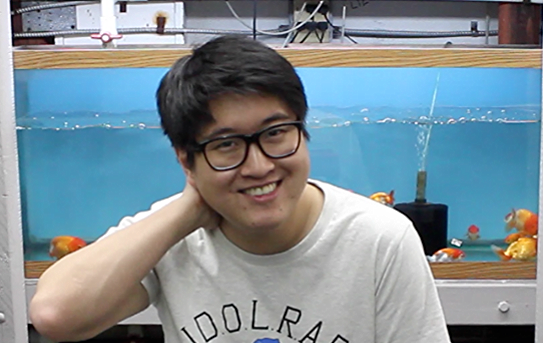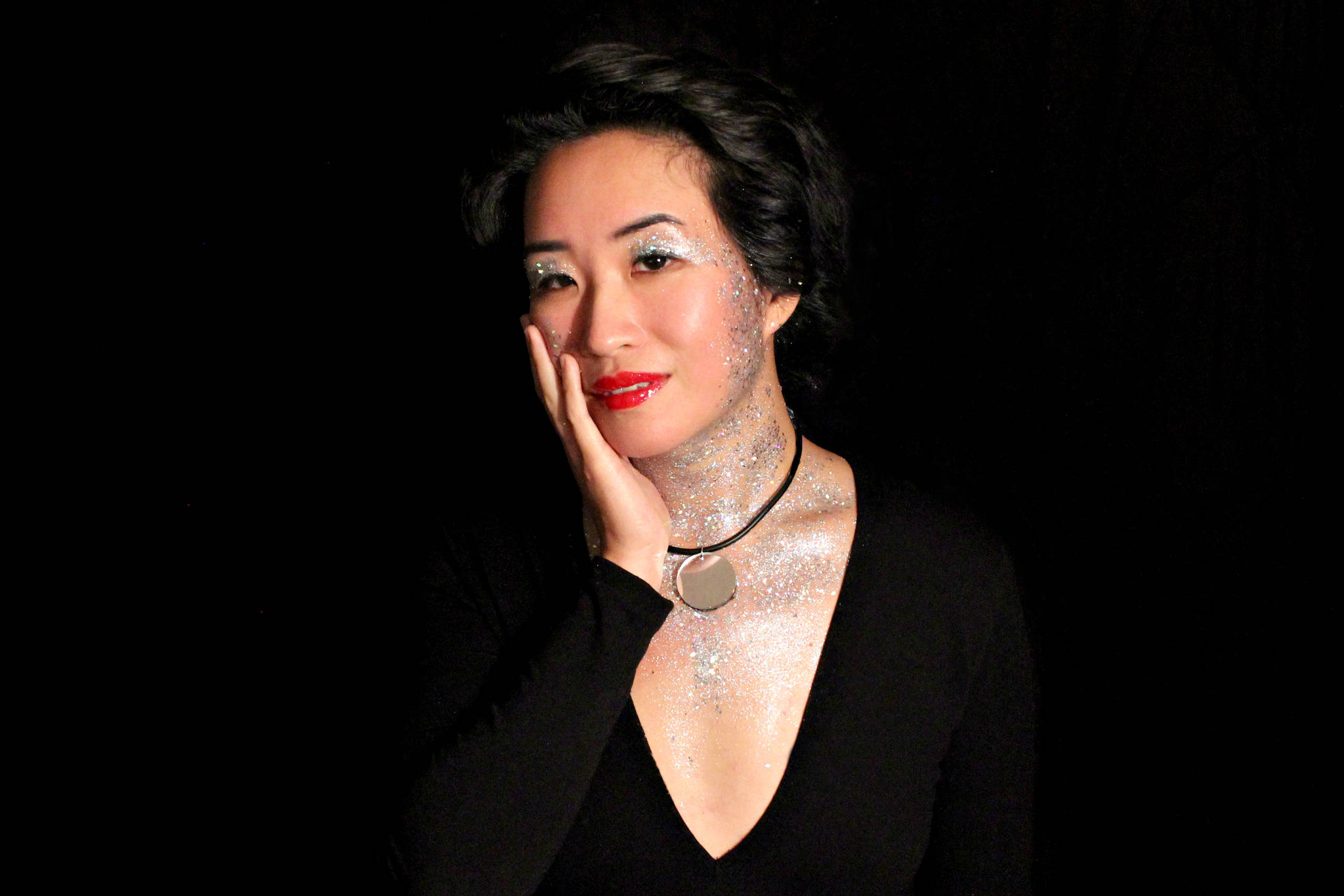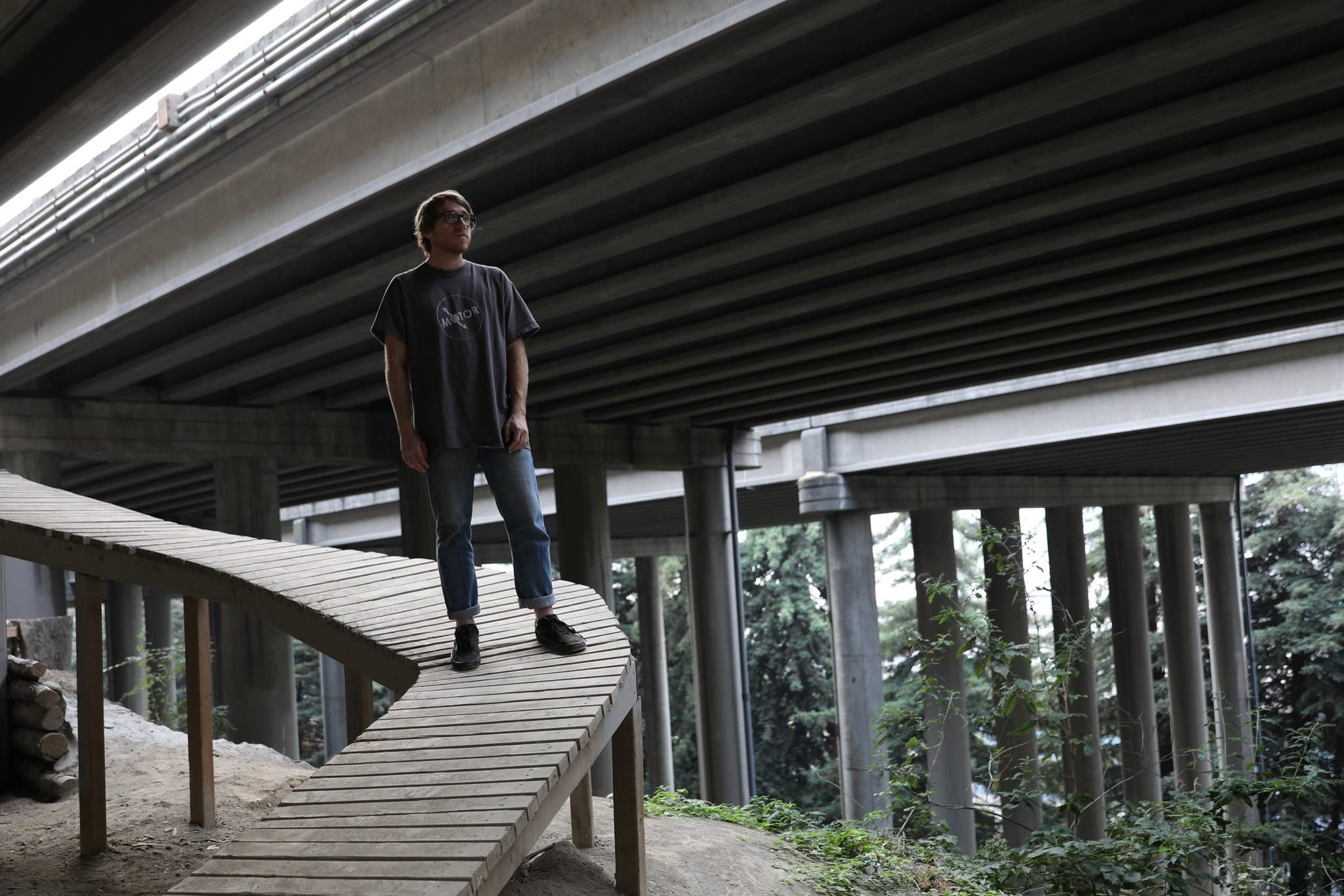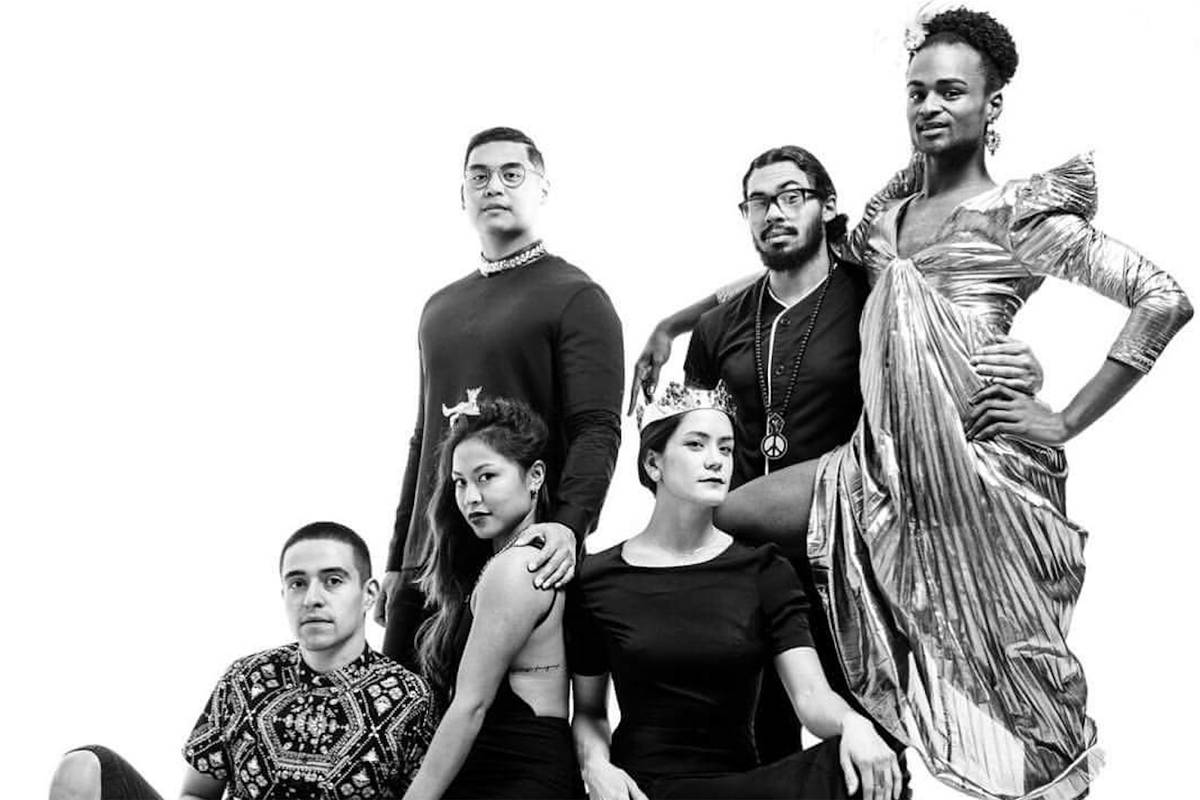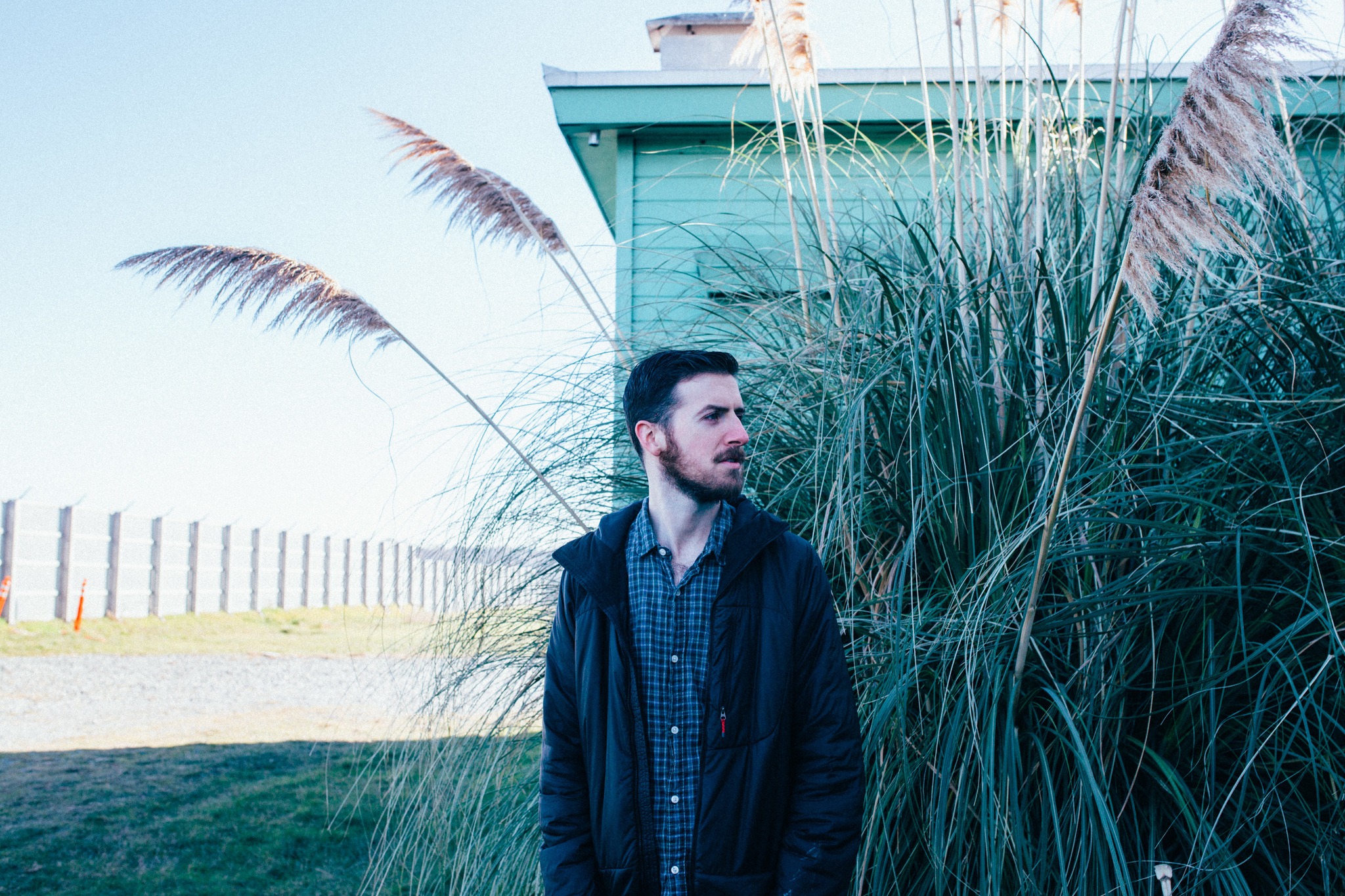When it came to naming his Seattle-based electronica promotion collective, local DJ Allen Huang went international. “I like the idea of traveling as a function of becoming more worldly and more aware of things going on outside of your bubble,” he tells Seattle Weekly on a recent afternoon in the International District, “and whenever you travel, you have to go through customs.”
CUSTOMS, Huang says, aims to “provide a kind of gateway-international experience,” pairing local DJs and producers with artists from outside Seattle. These artists are usually pulled from the deep pool of Huang’s interests: producers of color, youth culture, and small, far-flung club scenes incubating their own aesthetic.
Huang has made a conscious effort to book across genres, but the music is usually beat-driven, curious, poppy electronica that gets a room moving. And he makes sure there is room to move, partnering with venues with large dance floors and solid in-house sound systems: The Vera Project, Lo-Fi, Q, Vermillion, the Crocodile. When successful, a CUSTOMS show should feel joyful and almost healthy, even uplifting, says Huang.
With CUSTOMS, Huang is bringing a kind of mirthful irreverence to a city with traditional, almost solemn tastes in electronica, and working to keep the club inclusive.
One of Huang’s primary goals has been to foster a space for Asian-Americans and Asian producers—an interest that took seed when Huang co-hosted the cherished monthly Japanese and Korean pop night at Barboza, JK Pop! Huang has brought Japanese producers to Seattle and, conversely, played DJ sets in Osaka with people he’s helped book here. Huang says it was a “dream come true” when he played at Neumos with Spazzkid and Giraffage—an all-Asian-American bill that sold out the venue.
Huang grew up in Seattle, but never felt connected to the scenes that made this city famous. “I mean, I loved Nirvana,” he says. “But I’m an outsider when it comes to all that stuff just by the nature of my background and my upbringing and the color of my skin. These heroes in these scenes don’t look like me, and so [in] bringing Japanese producers and Asian producers, now I have people onstage who look like me.”
The next CUSTOMS show, a May 20 bill featuring Japanese producer Qrion, is a great example of the cultural musical exchange Huang is trying to create. It’s also in line with another radical ambition of CUSTOMS: What would happen if you took everything about a nightclub out of the nightclub, except for the music and the moving human bodies?
“People are listening to club music, party music, and the only way to experience it is with a lot of machismo and a lot of alcohol and substance abuse, and I don’t think those need to exist in parallel,” says Huang. “I’m hoping [the show at the all-ages Vera] can get into a pretty free and loose situation, where people are actually not treating it like an art exhibit but more like a dance party.”
Huang is adamant that the music itself will offer enough to sustain a good time. “A lot of the people who are making Internet club music now are not making it for the club, to get drunk and do weird things to girls . . . These kids are super-young, I mean like 15-year-old producers. It’s not about getting wasted for them, it’s about getting turnt.”
Sometimes Huang’s diversified approach to club music works, sometimes it doesn’t; occasionally Huang has had to cover the cost of a show out of his own pocket. But there’s an unmet need for this kind of show, and other times the response is resounding. A CUSTOMS show at the Crocodile in early April featuring Filipino producer ESTA, for example, sold out its all-ages tickets immediately—long before the 21-and-over tickets sold out.
Huang has made the greatest effort of any local electronic promoter to keep things all-ages, even at major venues like the Crocodile, and to enforce a safe environment for everyone, which he believes needs to begin at the level of promotion, not just on the floor. “We don’t use sexual objectification in our branding and imagery, we don’t do drink specials, we don’t sell VIP,” says Huang. “I’d rather lose business than be yet another person throwing shows that end up a morass of bad behavior and vibes.”
And in terms of inclusivity, Huang’s shows challenge anyone’s definition of club music. He tells me about a scene where kids chop up the audio of viral Vines into club tracks. Or how, after the white-and-gold (or blue-and-black?) dress pandemonium, three different songs about the infamous dress immediately dropped. “I mean, the songs weren’t good,” says Huang, “but it’s amazing and hilarious. It’s not hard to make club music, it’s about the materials you pipe into it to make it interesting, which are a very direct periscope into the lives of these producers . . . it’s farm-to-table music.”
As Huang tells me about these “dress” songs, I tell him they don’t seem like they are meant for real clubs.
“No,” Huang replies, “they’re meant for CUSTOMS.”
music@seattleweekly
CUSTOMS PRESENTS: DOT With Qrion, Ellie Herring, Yung Futon. The Vera Project, 305 Harrison St., 956-8372, theveraproject.org. $8–$10. All ages. 8:30 p.m. Wed., May 20.
